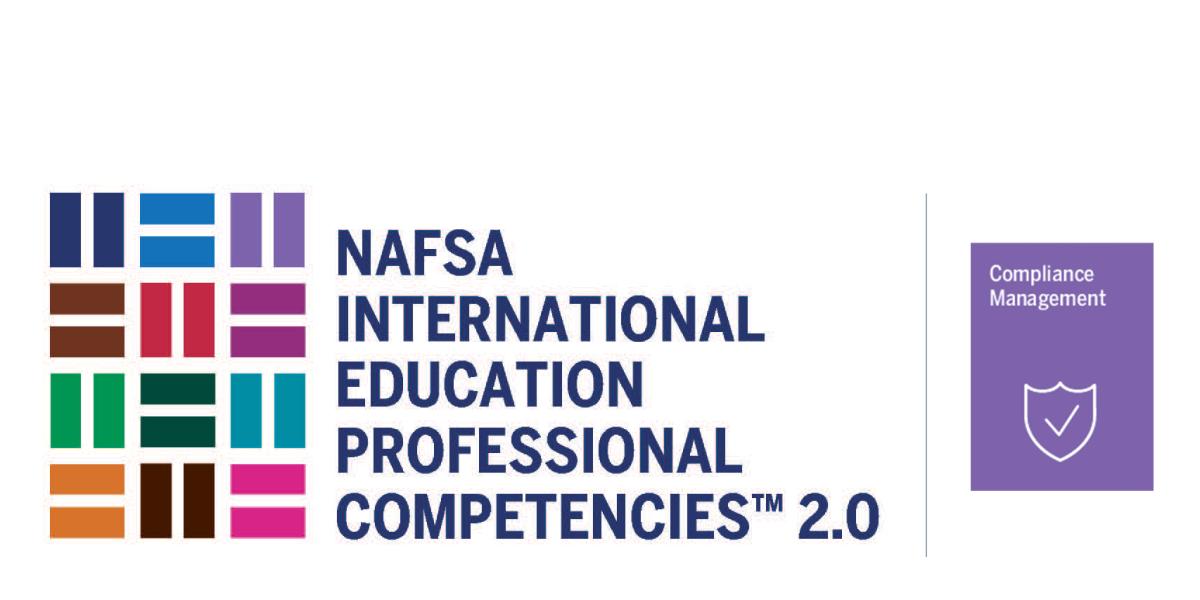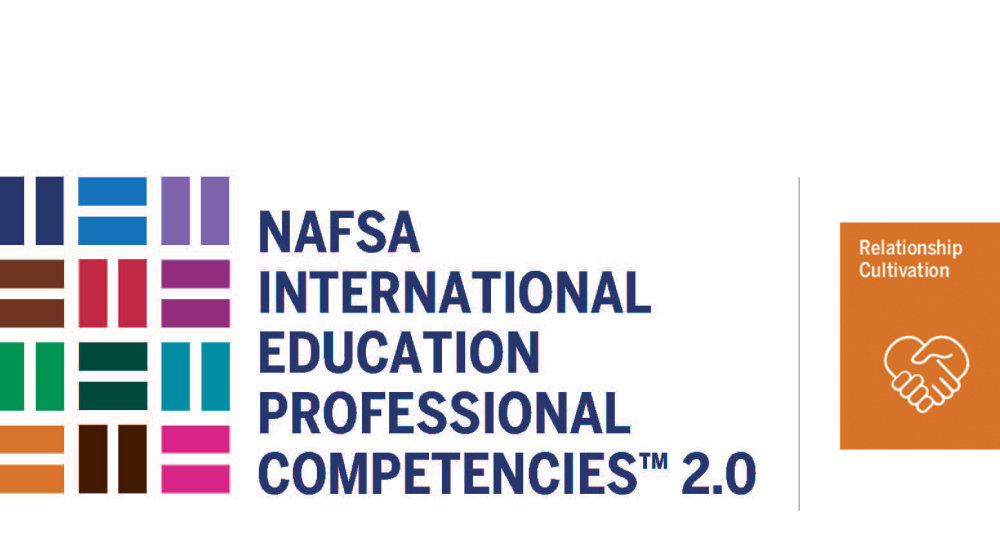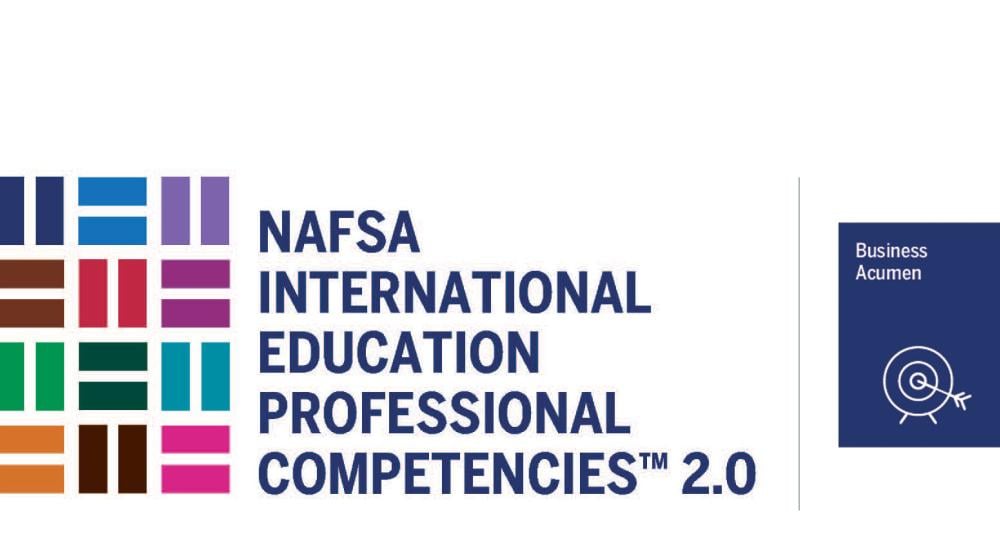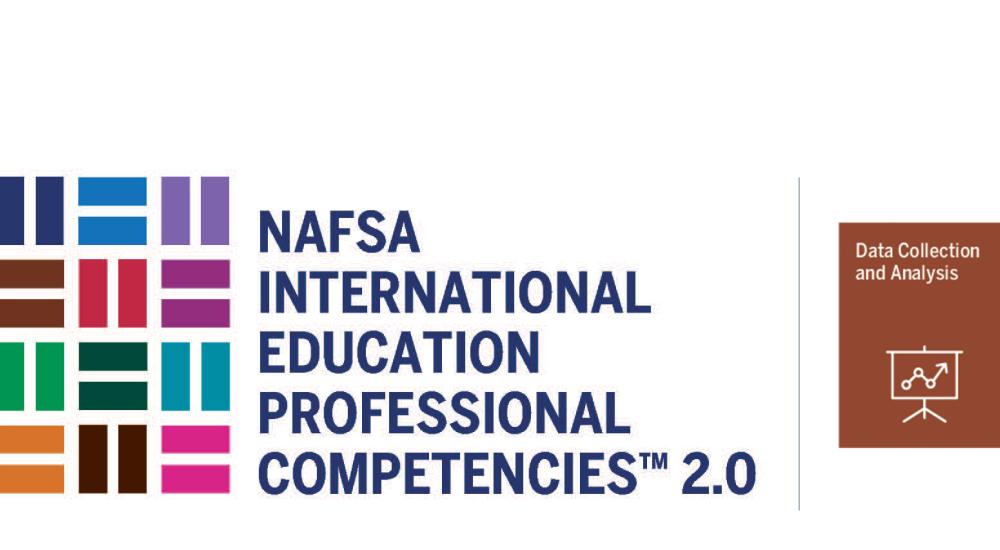Reflections on the NAFSA IE Competencies: Compliance Management

Editor’s note: This article is one in a new series for 2023 that explores one of the 12 International Education Professional Competencies 2.0 in each issue of International Educator. Each written by a NAFSA member, the articles cover how that competency is critical to the future of the field and what it looks like in practice.
As NAFSA celebrates its 75th anniversary and looks toward the next 75 years, compliance management will remain a critical competency for international education professionals. As an educator with a positive outlook, I hope that the field will enjoy smooth sailing, allowing us more time to create meaningful support programs for international students at U.S. schools.
However, the roller coaster experience of the past few years has demonstrated the vulnerability of the field and the importance of adaptation. It has taught me skills and lessons for compliance management that I would have not otherwise have gained and that the field should draw from as it moves forward.
1. Know internal and external regulations.
While we may think that immigration regulations are the most important policies related to compliance management, we must also know and follow the academic rules and regulations at our institutions. For example, every student in a degree program may have the option of taking a semester or two off, based on their institution’s policies. However, international students who choose to take a retroactive leave after the semester begins will lose immigration status from the first day of the semester. Often, we may end up telling international students, “You cannot take retroactive leave,” even though academic policies allow them to do so. While we must let students know their institution gives them this option, we must also make them aware of the immigration side of the equation before they finalize their decision. Therefore, we are expected to know about academic regulations just as well as anyone working on the academic side in addition to immigration regulations in order to implement the latter as best as possible.
2. Navigate ambiguous or conflicting policies and regulations.
My team members tell me that when they start designated school official (DSO) training, they find navigating ambiguous or conflicting policies and regulations the most challenging part of the job. This is also a challenge for seasoned professionals. We know that executive orders or temporary government guidelines can also make it harder to manage compliance. I have learned that the first rule for survival, under those circumstances, is to be nimble with tolerance for unpredictability. We should be able to adjust and adapt to changing guidance fast. Second, the availability of carefully considered and documented internal policies helps with consistency in advising and compliance. These are never static documents but always a work in progress, parallel to the nature of evolving academic institutions and changes in immigration guidance. For example, the current curricular practical training (CPT) regulations are open for interpretation, so it is important to have a documented, consistent approach to how they are interpreted at your institution. Once we have our policies and procedures, the work does not end there. An academic program may come up with a new practical component for a degree, which requires additional updates to internal policy manuals.
3. Communicate to create trust with constituents.
Compliance is teamwork. What I mean by that is everyone on the academic side and everyone on the student services side must work in sync on compliance management. Leaders must aim to communicate this well and create partnerships and trust by being supportive, transparent, proactive, available, consistent, and knowledgeable. Managing expectations is an utmost priority, especially in times of crisis. How we do that is very personal and varies in different situations. When we can create strong partnerships and mutual trust on our campuses, the experience of students and scholars is enhanced, and they feel a stronger sense of belonging as a result. They trust our advice, they follow our rules and policies, and everyone on campus collectively contributes to institutional compliance with immigration regulations. It is a win-win.
Successful compliance management involves navigating a constantly shifting, sometimes contradictory set of internal and external regulations. By being knowledgeable about institutional and federal policies, staying flexible and organized, and proactively working with fellow campus stakeholders we can make future roller-coaster rides smoother and better serve our students. •
NAFSA Resources
About International Educator
International Educator is NAFSA’s flagship publication and has been published continually since 1990. As a record of the association and the field of international education, IE includes articles on a variety of topics, trends, and issues facing NAFSA members and their work.
From in-depth features to interviews with thought leaders and columns tailored to NAFSA’s knowledge communities, IE provides must-read context and analysis to those working around the globe to advance international education and exchange.
About NAFSA
NAFSA: Association of International Educators is the world's largest nonprofit association dedicated to international education and exchange. NAFSA serves the needs of more than 10,000 members and international educators worldwide at more than 3,500 institutions, in over 150 countries.
NAFSA membership provides you with unmatched access to best-in-class programs, critical updates, and resources to professionalize your practice. Members gain unrivaled opportunities to partner with experienced international education leaders.














